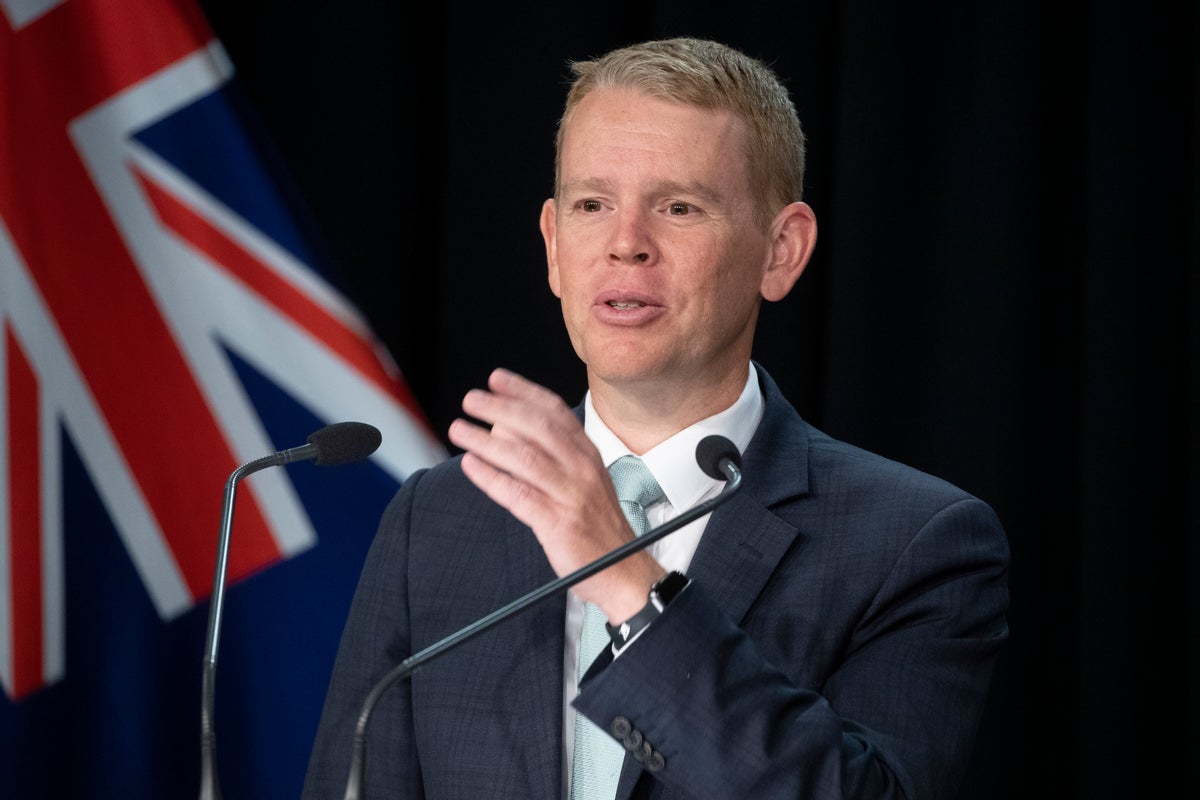
Prime Minister Chris Hipkins said he's selected a team of lawmakers to lead the country that will focus on the everyday concerns of New Zealanders such as the rising cost of living.
Hipkins, who was sworn in to the top job last week after the surprise resignation of Jacinda Ardern, announced his new Cabinet lineup Tuesday, keeping some lawmakers in their previous roles while demoting or promoting others.
Notable among the changes are the addition of a new ministerial role focused on the city of Auckland; the end of a role focused on the coronavirus pandemic; and a promise by Hipkins that New Zealand will take on a more visible presence in the South Pacific, at a time when China is making a geopolitical push into the region.
With a tough general election looming in less than nine months, Hipkins has been emphasizing a back-to-basics approach.
“The government hears loud and clear that many New Zealanders and many families are struggling,” Hipkins said. “You want us focused on what most matters to you, and in this Cabinet are the people to do that. Some have experienced many of those struggles themselves.”
Hipkins said the country could only thrive if Auckland was thriving, and the recent floods there emphasized the need for a focus on the city, a role that will be filled by Michael Wood.
Hipkins said he'd stripped back some responsibilities of Foreign Minister Nanaia Mahuta so she can focus more on her role abroad — something she's been criticized for neglecting.
“I do expect that she will be out and about, traveling more,” Hipkins said, noting that when she first took on the role, New Zealand's borders were shut due to the pandemic.
“I do see engagement in the Pacific region as a particularly important priority for New Zealand,” Hipkins added.
Among those who have done well in the reshuffle is Ayesha Verrall, who was promoted to health minister. She helped lead the COVID-19 response and an innovative effort to impose a lifetime ban on youth buying cigarettes.
Former Labour Party leader Andrew Little, meanwhile, has moved down the ranks, losing the health portfolio and picking up defense.
Grant Robertson will retain the key role of finance minister.
“He has seen New Zealand households and businesses through the greatest economic shock since the Great Depression,” Hipkins said of Robertson. “His steady hand on the economy has ensured that we've got one of the lowest unemployment rates ever.”
David Seymour, leader of the opposition ACT Party, said changing some faces in the government would make no difference to New Zealanders without some new policies.







